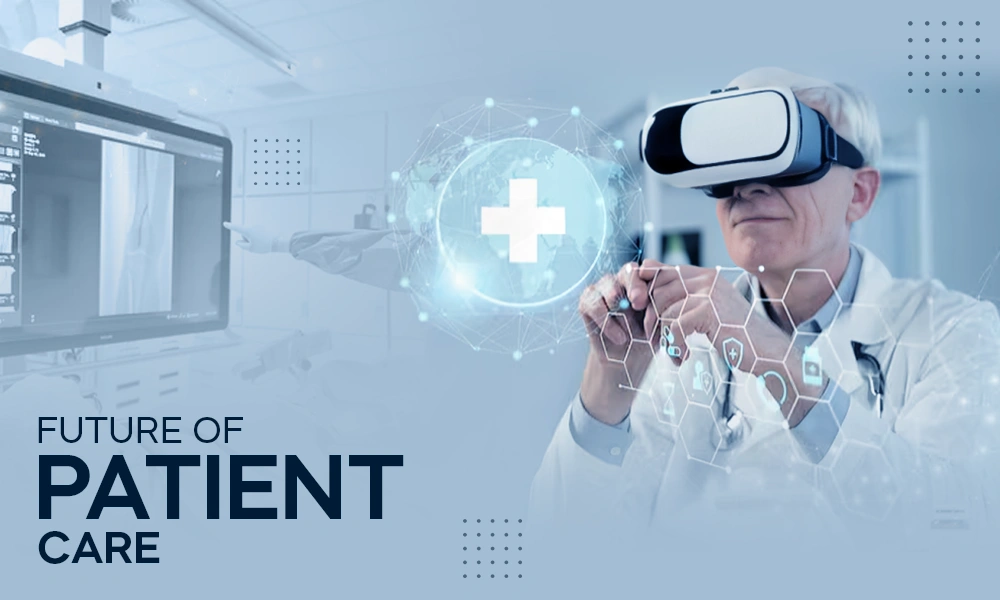In recent years, the health industry has witnessed a remarkable transformation driven by emerging technologies. From telemedicine to artificial intelligence (AI), these advancements are reshaping how healthcare is delivered, improving patient outcomes, and streamlining operations. One area benefiting significantly from these innovations is drug rehabilitation centres, where technology is enhancing treatment methods and supporting recovery processes. According to a report by the World Health Organization (WHO), the global telehealth market is expected to reach USD 459.8 billion by 2030, reflecting a compound annual growth rate (CAGR) of 37.7% between 2022 and 2030. This statistic underscores the rapid adoption of technology in healthcare and its potential to revolutionise various aspects of the industry.
Telemedicine: Bridging the Gap
Telemedicine has emerged as a critical tool in providing accessible healthcare services, especially in remote or underserved areas. By enabling patients to consult with healthcare professionals via video calls or mobile applications, telemedicine eliminates geographical barriers and reduces the need for in-person visits. For rehabilitation centres, this technology allows for continuous support and monitoring of patients, even after they leave the facility. Virtual check-ins can help maintain accountability and provide ongoing therapeutic support, which is crucial for long-term recovery.
Moreover, telemedicine has proven particularly valuable during the COVID-19 pandemic, as many individuals sought treatment but were hesitant to visit healthcare facilities due to safety concerns. The flexibility and convenience of telehealth services have encouraged more people to seek help and engage in their recovery process.
Artificial Intelligence in Diagnostics
Artificial intelligence is another groundbreaking technology transforming the health industry. AI algorithms can analyse vast amounts of data to identify patterns and make predictions, significantly improving diagnostic accuracy. For instance, AI-powered tools can assist in the early detection of diseases such as cancer, allowing for timely interventions that can save lives.
In the context of rehab, AI can also play a vital role in personalising treatment plans. By analysing a patient’s history, behaviours, and responses to previous treatments, AI can help healthcare providers tailor interventions to meet individual needs. This personalised approach increases the likelihood of successful outcomes and reduces the risk of relapse.
Wearable Technology: Monitoring Health in Real-Time
Wearable technology has gained immense popularity, providing users with the ability to monitor their health in real-time. Devices such as smartwatches and fitness trackers can track vital signs, physical activity, and sleep patterns, offering valuable insights into an individual’s overall well-being. For patients in alcohol and drug rehabilitation, wearables can be instrumental in monitoring progress and encouraging healthy habits.
For example, a wearable device can alert users to changes in their heart rate or stress levels, prompting them to engage in mindfulness exercises or physical activity. This proactive approach to health management can significantly enhance recovery outcomes and promote a healthier lifestyle.
Blockchain for Data Security
As the health industry increasingly relies on digital solutions, the need for secure data management becomes paramount. Blockchain technology offers a robust solution to protect sensitive patient information. By creating a decentralised and immutable ledger, blockchain ensures that health records are secure, transparent, and accessible only to authorised personnel.
In support centres, where confidentiality is crucial, blockchain can safeguard patient data while allowing for seamless information sharing among healthcare providers. This technology not only enhances data security but also fosters collaboration between different treatment facilities, ensuring that patients receive consistent and informed care.
Virtual Reality for Therapy
Virtual reality (VR) is emerging as an innovative tool in therapeutic settings, particularly for individuals dealing with addiction and mental health issues. VR can create immersive environments that simulate real-life scenarios, helping patients confront triggers and practise coping strategies in a controlled setting. For instance, a patient recovering from substance abuse may use VR to navigate social situations where drugs are present, allowing them to develop resilience without the associated risks.
Additionally, VR can be used for relaxation and mindfulness training, providing patients with tools to manage anxiety and stress effectively. As this technology continues to evolve, its applications in therapy are likely to expand, offering new avenues for support and recovery.
The health industry is undergoing a significant transformation, driven by emerging technologies that enhance patient care, improve diagnostics, and streamline operations. From telemedicine and artificial intelligence to wearable technology and blockchain, these innovations are revolutionising how healthcare is delivered and experienced. In centres, the integration of these technologies is particularly impactful, providing patients with the support and resources they need to achieve lasting recovery.
As we look to the future, it is clear that the continued adoption of these technologies will play a crucial role in shaping the health industry, making it more efficient, accessible, and patient-centred. By embracing these advancements, healthcare providers can better meet the needs of their patients and contribute to a healthier society overall.

